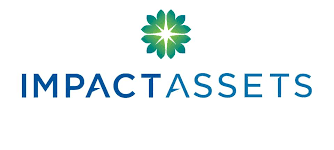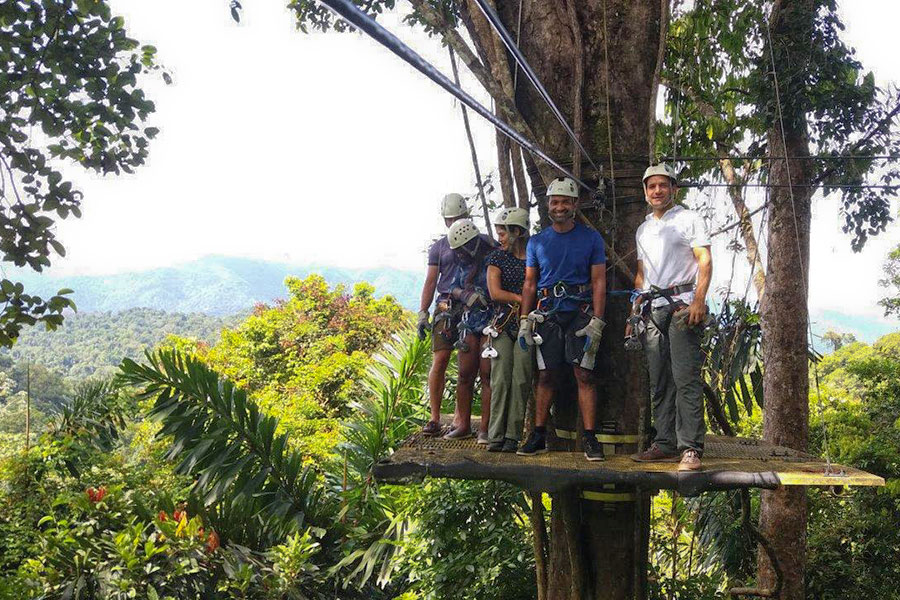 Forget esoteric concepts of “doing good.” If you want to know specifically how impact investing positively affects people, communities, the environment and (of course) returns, look to EcoEnterprises Fund.
Forget esoteric concepts of “doing good.” If you want to know specifically how impact investing positively affects people, communities, the environment and (of course) returns, look to EcoEnterprises Fund.
The fund is one of the first venture funds dedicated to the impact space and can point directly to the number of jobs their investments have generated, the number of suppliers supported and the number of acres conserved. It’s all part of their commitment to openness and transparency to investors.
EcoEnterprises Fund is now raising capital for its third fund, and Tammy Newmark, CEO and Managing Partner, has been a pioneer in the impact investing field since the mid-1980s before the term “impact” was even coined. The interview below offers an overview of how Newmark has left her mark on one of the fastest-growing sectors of financial services, and how sophisticated investors that are interested in the wellbeing of their community and environment can get involved.
If you like this, subscribe here for more stories that Inspire The Future.
What was the pivotal moment that moved you in the direction of impact investing?
It’s hard to say I woke up one day and I decided to make this my career because it has always been part of my body and soul and how I’ve operated as a human being. I worked on Wall Street in investment banking in the mid-1980s, and was part of a team looking at mergers, acquisitions and leveraged buyouts. To maximize the bottom line of one company, we closed a lot of their U.S. operations. Communities that had provided workers for generations suddenly lost a major employer, which had a huge impact on individual livelihoods and their health and well-being.

It was at that point I realized Wall Street was not for me. I returned to business school at Wharton and was part of a group that started the first venture fund that focused on small-scale renewable energy, clean tech and green technologies in developing countries and emerging markets. After a few years there, the Nature Conservancy approached me to run EcoEnterprises Fund.
What inspired you to launch the EcoEnterprises Fund? It’s a little bit like the Kitty Hawk, correct? You were launching something that had never been done before.
Correct, and when I first joined the Nature Conservancy, I realized we had to be able to demonstrate impact, and we of course had to make some money to change minds and provide an example for others to follow. I realized talk was not going to do it. We really needed to perform.
You’ve launched two funds and are bringing a third to the market. What were examples from the first fund that you showed the board in order to prove the concept?
We launched the first fund in 2000. It was the very early stages of the organics movement. We invested in the first organic chocolate company, the first organic flower company and the first organic coffee company, as well as Forest Stewardship Council certified furniture and flooring. It was a great time for us to identify good businesses that we could provide startup and growth capital, so we invested in early first-movers we could scale and that provided business models we could replicate. The second fund took advantage of these opportunities with companies that had moved beyond the startup stage.

Is there any one thing you’re most proud of, or is it more cumulative?
Sometimes folks say, “How could you create impact when you’re working with small businesses?” or working in specific rural areas. In total, we’ve invested in 35 small businesses. One example is Sambazon, a leader in acai, which is a Brazilian berry that’s sustainably harvested and used in sorbets, juice smoothies and similar products. We invested in the company as a start-up through the first fund, yet the investment committee was so impressed with their growth and impact that we sought to support it again through the second fund, and it is now a multi-million-dollar company. And if you add up one small company, like Sambazon once was, with another small company with another small company, it’s that overall mega-level that, to us, has been really important. You can see the impact of where the philosophies and modus operandi of these entrepreneurs have emanated to the local community. For EcoEnterprises, these ripples of impact are the most heartening and resonate most deeply with us.
What advice would you give successful executives and business owners about how to make an impact like this with their investments?
There are different ways to approach this question. One is that investors can directly invest in companies. Obviously we prefer they invest in EcoEnterprises Fund, but I think that’s a question that needs to be considered by each investor individually. From our standpoint, our biggest mission and mandate relates to environment—the preservation and conservation of the biodiversity—and to encourage and promote the health and well-being of the planet and those local community members that need the support to offset poverty. It’s those investors that are interested in these same objectives who are keen to invest in our funds.
If you like this, subscribe here for more stories that Inspire The Future.




































